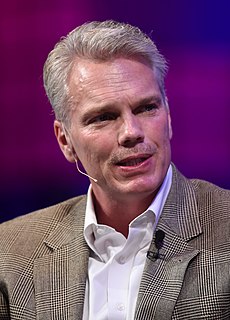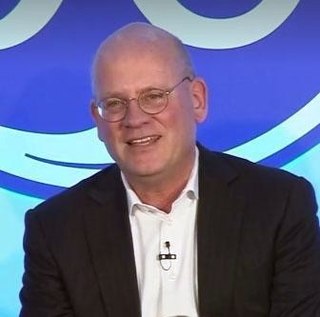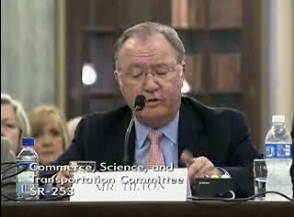A Quote by Brad D. Smith
The number one thing small business needs is to get more customers. Spend more time serving existing customers and getting new ones. The challenge for small business is knowing where customers are and reaching them effectively.
Related Quotes
I think a much better use of time and resources is to really focus on your existing users or customers and figure out what changes can you make in the Web site, the service, the product, whatever, to get them to come back more often to generate that repeat business and once you kind of figure out that formula, then when you get new customers the whole thing just kind of grows exponentially.
A lot of the philosophies of the businesses are just 'we're interested in getting customers now and if we're losing money with each customer now that's okay because we have this huge hoard of venture capital that we can subsidise the operation with and once we have the required number of tens of millions of customers and we drive our competitors out of business, then we can start to raise prices and become a proper business.'
Often people say they can't base their strategies on customers because customers make unreasonable requests and because customers vary too much. Such opinions reveal serious misconceptions. The truly outside-in company definitely does not try to serve all the needs of its customers. Instead, its managers are clear about what their organization can and should do for customers, and whatever they do they do well. They focus.
Customers are a great way to finance a business for many reasons. First, customer financing is typically non dilutive. They want something from you other than equity in your business. Customers also help you fit your product to the market. And customers will help debug and improve the quality of the product.
If you ask who are the customers of education, the customers of education are the society at large, the employers who hire people, things like that. But ultimately I think the customers are the parents. Not even the students but the parents. The problem that we have in this country is that the customers went away. The customers stopped paying attention to their schools, for the most part.


































